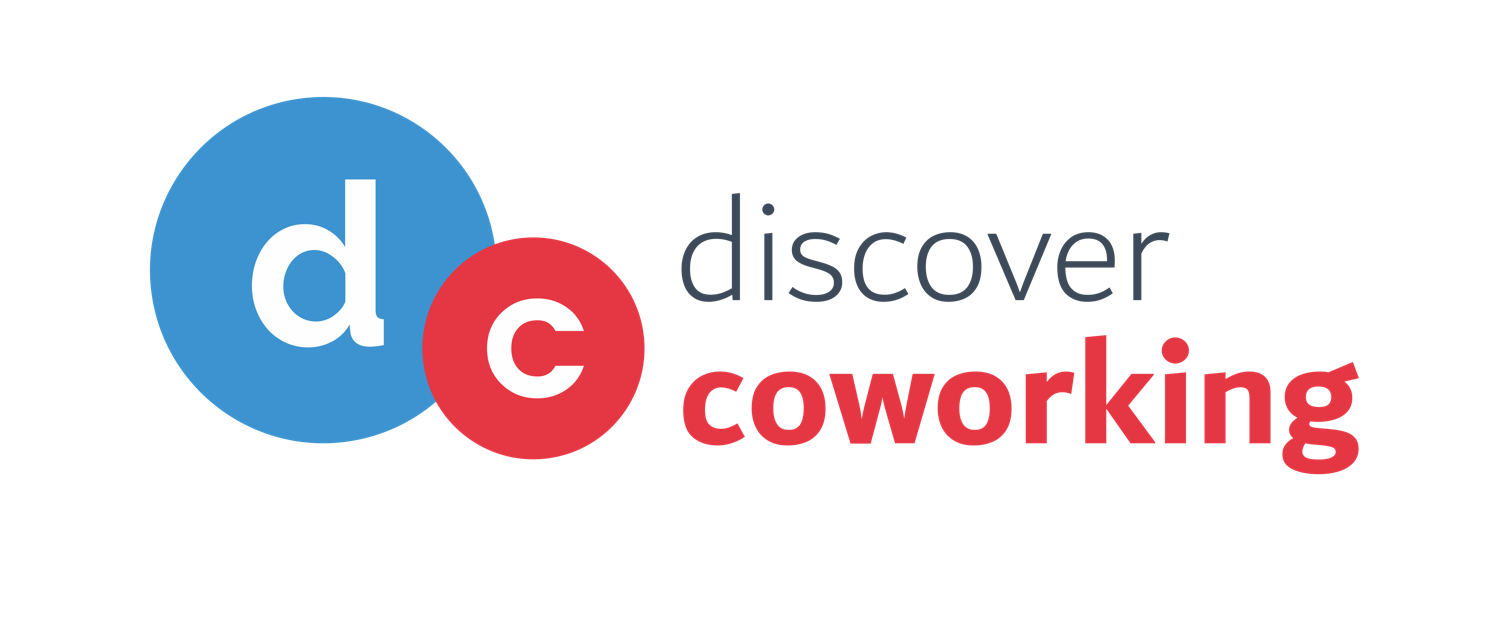Christopher Thompson, the director of Hubud, introduced the speaker, Michael Kim from Google at the Unconference in CUAsia 2017. He started the presentation with an introduction of their group, Google for Entrepreneurs (GFE). The Google for Entrepreneurs network is a group of well class, techies, accelerators, and educational providers. It provides high-quality programming and international network.
Michael’s role in the group is to lead APAC partnerships for GFE. Google is a giant startup, and to the core of their company, they want to work with startups and embody that spirit. He states his reason for being at the conference was to meet coworking space founders and operators, who are on the frontlines of working with people who are developing country-changing companies. Google as a massive organization has the products and services required to support entrepreneurs globally. However they realized that coworking spaces know better what the entrepreneurs need in that country and in that particular region, that is why Google for Entrepreneurs was created.
GFE also develops coworking spaces; they call them ‘campuses’ and they currently have seven campuses globally – the first one was built in Seoul. It is tough to scale coworking spaces globally, so instead of building them in every region, they look for the community leaders in that region. When they look for a partner, it is not about the design; it’s about whether or not people in that community are struggling to build or pursue the life they want to do it in your space. Another aspect of Michael’s role is to look for partners, what do they look for? There are three qualities they look for within a potential partner – impact and execution, scale and sustainability, and alignment and engagement.
Impact & execution – “We look for coworking spaces that truly have a massive impact on their community. We don’t measure that in IPOs, for us it is a matter of how many jobs you created, how many events did you guys host, what impact did you make on that society in your region to help the startups and founders there.”
Scale & sustainability – “Will you be around in 3-5 years? We want to make sure there is a team there that has a vision that is about building something special in that community.”
Align & engagement – “If your values are aligned with GFE values, we are going to have a strong partnership.”
Currently, GFE has 50 partners in 39 cities and 24 countries. Google wants to do more in Asia, committed to APAC. After interacting with everyone during CUAsia, Michael realized that they were community leaders/community organizers rather than coworking leaders. Michael stated, “ What you are doing is building homes for people to pursue their life and that is why I joined this company, and this group as well because I want to identify the people in this room that want Google’s support to help you grow the things you are doing.”
Next, Michael provided some statistics on GFE from the first half of last year, to give the audience a better sense of what Google was looking for regarding a partner. In their global partnership program, people have hosted over 7000 events, 588 fundraising rounds, and on the average rise of startups within the partners they are working with have raised 960,000 dollars.
Google’s partnership is not only limited to coworking spaces, but it also includes educational organizations – organizations that help to train entrepreneurs. They also have organizations that are dedicated to diversity, women, people, minorities that are being neglected in some organizations and want to fund and support those organizations.
After all that was said and done, Michael pointed out an essential question, “How would a coworking space benefit from partnering with us?” According to him, one of their main attraction is their global passport program. Google has partnered with some of the top coworking spaces and startup organizations globally, so when you become their partner, you are plugged into a global network from day one as part of their passport program. For example, if there is an entrepreneur in Bali, who needs to be able to go to Madrid but are afraid to do so, once he/she is a partner, they can use that passport to visit any of Google’s coworking spaces, do work there and even join their programs.
Secondly, Google wants to help you grow the programs you already have. Once you become a GFE partner, and you need a speaker or some assistance with the programs you are developing, they can turn on the faucet. They’ve got a wealth of connections, therefore when you need a particular ask they want to help you grow the programs you have through their partnerships.
Lastly, they do provide a level of funding. It is indeed an investment into making sure that the programs you already have can scale. GFE takes no equity; they are not Google Ventures, GFE provides a level of funding based on the programs they have.
Michael ended the session after a short speech on Texstars, a perfect example of one of GFE’s top partners. GFE partnered with them, because of their vast impact and wide range on-touch with so many entrepreneurs. When Texstars host their startup weekend, GFE provides them with space, talent, resources; making it a very one on one experience of working with Google.

